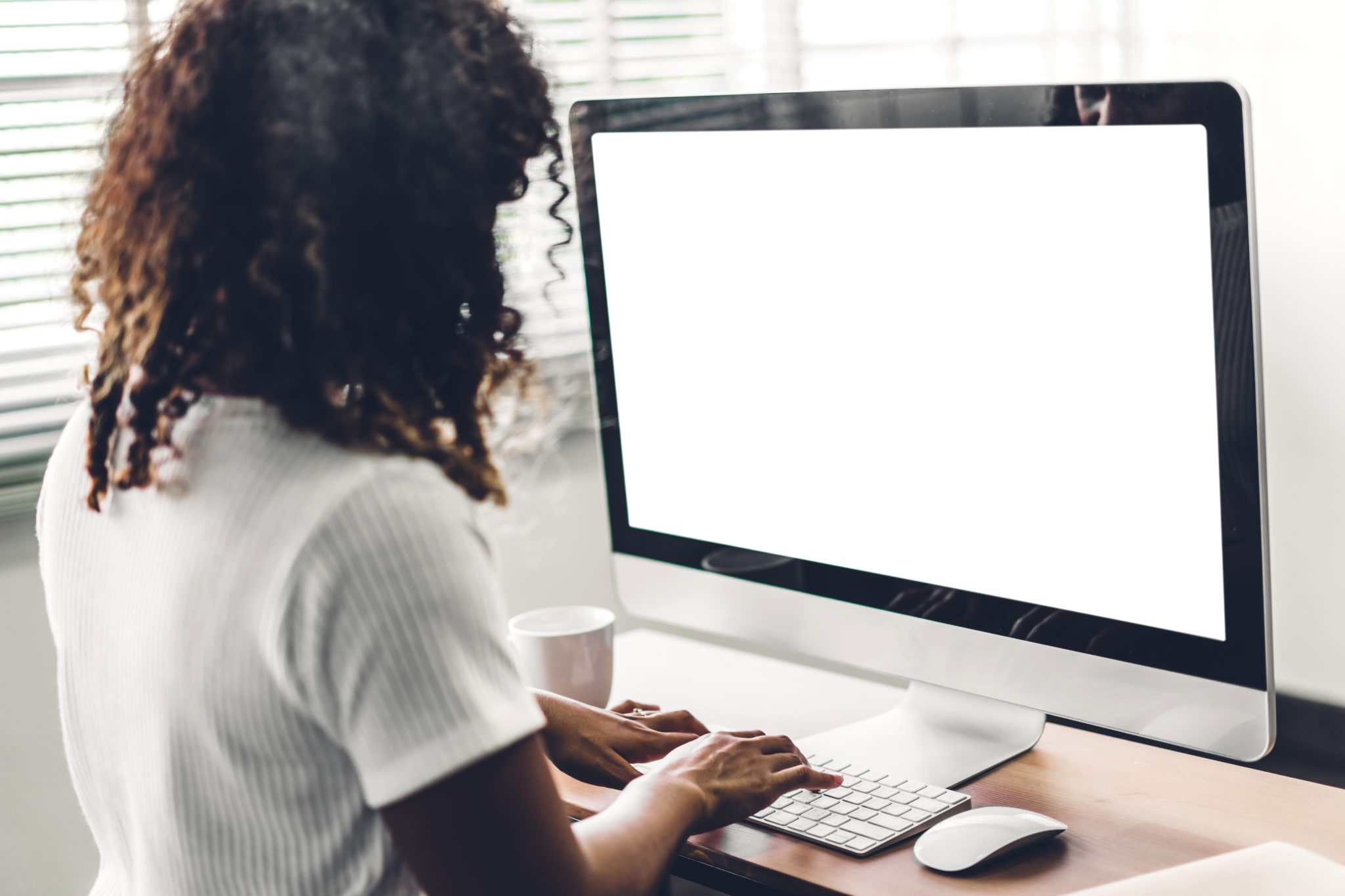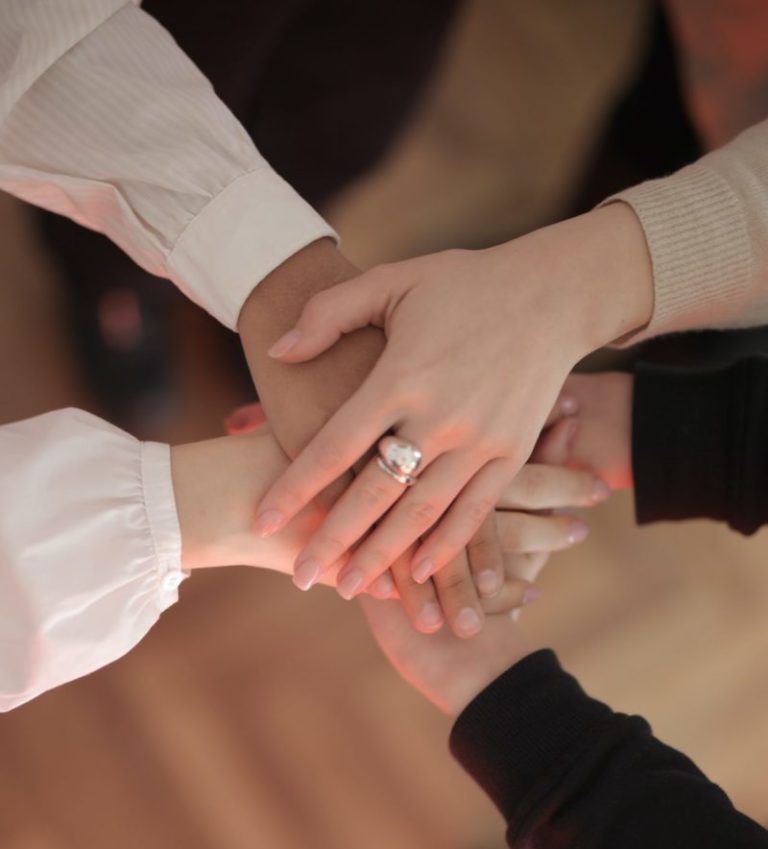Last Thursday, Representative Alexandria Ocasio-Cortez spoke from the House floor about an encounter with Representative…
Women in Politics and Dangers Online

Many say that politics is a blood sport. But very few can argue that there is not a specific violent misogynist vitriol aimed at women online in all aspects of public life, and especially in politics. This was much on display last week following the Vice Presidential debate when Senator Harris was called “ a monster,” among other insults or when the FBI raised the alarm that they had just foiled a plot by white male domestic terrorists to kidnap Governor Gretchen Whitmer over her pandemic restrictions in Michigan that included required masking and shutting down restaurants and gyms.
This is not by a long shot the first time for women to be tormented for expressing their opinions or making unpopular decisions in public and political life. In the early 20th century suffragists endured heckling and worse while organizing and marching for the women’s vote. If you were a woman of color the misogyny had the added layer of racism to it. Black suffragist and journalist Ida B. Wells, who also used her platform to advocate against the lynching of black people in the Jim Crow South, was terrorized and received death threats.
In our current times, Congresswoman Alexandria Ocasio-Cortez had to deal with a colleague in Congress yelling and describing her with an expletive to her face. And it’s not exclusive to one side of the aisle. Emily Ellsworth, a Utah Republican seeking to get on the ballot for State Senate, was harassed by a male delegate repeatedly. In fact, it happens all over the world to women elected officials.
Targeted harassment has grown online as well. An artificial intelligence review of Twitter and news coverage for the 2020 Presidential elections revealed that women are the target of more fake news accounts than men, and attacks were more focused on women candidates’ character and identity than on their policies. This is something increasingly noticed by voters. In recent research, in a political environment with heightened gender and race awareness post #MeToo and the rise of #BlackLivesMatter, voters believe the level of vitriol directed toward women, people of color, and other communities of marginalized identities is higher and unfairly so.
As someone who has run for office, served in political party leadership positions, and keeps an active presence online discussing politics and policy, I have seen an inordinate amount of racist and misogynist commentary in my social media or my email inbox. Usually it spikes at certain times, like when I’m on television or I take a position on a heated topic. I’m rather impervious to much of the abuse that I read online, but I continue to be amazed at the efforts people go to seek out me or other women I know in political life to not just disagree with what we say, but to use dehumanizing language to disagree with us for even daring to exist and stating our opinion.
Why is this concerning? And why should social media companies take proactive efforts to reduce this active trolling online? Because other women who might be interested in running for public office and serving in public leadership positions see what they may face and could be dissuaded from serving, not for any other reason than they just don’t want to deal with it. And that is a disservice to our country.







